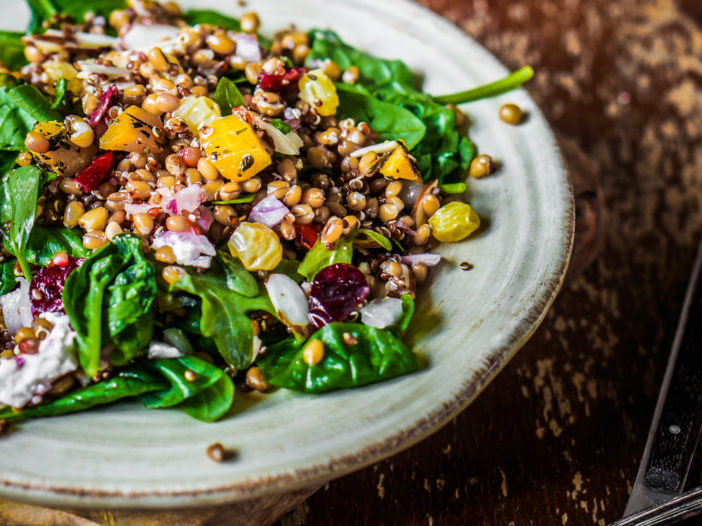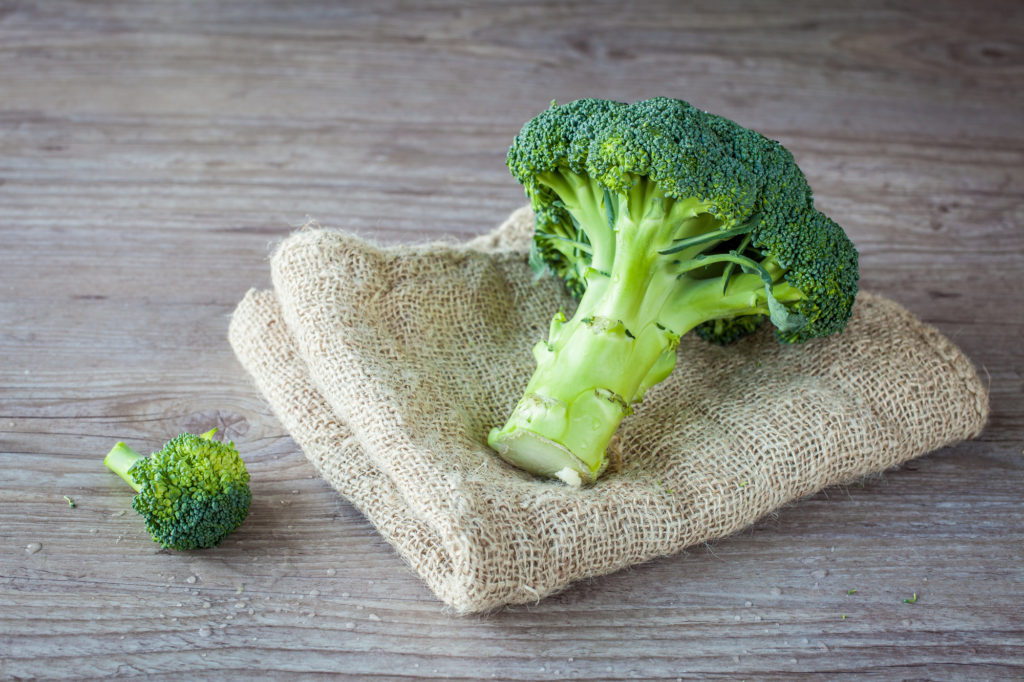
Perimenopause and Menopause symptoms are linked to an imbalance in your hormones. And so one of the easiest ways to reduce unwanted symptoms is to focus on hormone friendly foods. Your hormones are made from what you eat and it therefore goes without saying that nourishing your body with the right nutrients is one of the best ways to look after your hormonal health
You have put down the foundations and now you can really start to get your hormones working for you, by introducing “purposeful” nutrients. And these are the ones which provide the building blocks for your hormones and allow them to work efficiently.
Would you like to introduce hormone friendly foods into your diet?
Without a doubt, during your menopause transition, your body goes through some of its biggest hormonal changes. And it is these changes that give rise to a whole host of unwanted symptoms.
Remember your hormones flourish and your symptoms reduce when you give them the nutrients they need and this is where you start to learn how to do this.
Here are the top hormone friendly foods:
1. Fatty fish such as salmon
Salmon is a rich source of omega-3 fatty acids and vitamin D. Vitamin D supports healthy bones and reduces the risk of chronic diseases. The risk of osteoporosis and cancer increase at this time of life.
The essential fatty acids found in salmon are powerful anti -inflammatories.
Eating 3 portions of fatty fish week can help to reduce painful joints, dry hair and skin, mood swings, night sweats, lack of motivation as well as fatigue and difficulty losing weight.
2. Cruciferous vegetables, such as cabbage, broccoli, sprouts and cauliflower

The role of these vegetables in supporting menopause symptoms and reducing oestrogen-dependent cancers has been extensively researched. They contain a compound called indol-3 -carbinol which has a positive role in balancing oestrogen levels within the body. They are also a good source of fibre which helps to get rid of excess oestrogen from the body. These veg are super important in supporting your liver in its role of detoxification. Aim to eat a varied selection of cruciferous vegetables into your diet daily.
3. Whole grains, such as brown rice, oats, buckwheat and quinoa
These complex carbohydrates create a lovely slow release of energy throughout the day and help reduce the feelings of fatigue and exhaustion. They are a good source of fibre and contain B vitamins which are essential for energy metabolism. They also have a role in looking after your heart health and reducing the risk of diabetes.
4. Leafy greens such as spinach and kale.
These are super helpful foods. And delicious too! They contain a whole raft of hormone such as calcium, potassium, B vitamins, fibre and magnesium.
B vitamins and magnesium will support good energy levels. Magnesium will also help with sleep and mood. And potassium and calcium will keep your bones strong.
5. Plant proteins such as lentils, nuts, seeds, beans, quinoa and tofu
Protein is often described as the building block of our bodies. As you age, including protein in your diet becomes very important. Protein strengthens and repairs your muscles, supports your immune system and helps with your bone strength. As oestrogen levels drop, you begin to lose muscle mass and bone strength. Combat these unwanted side effects by including good sources of protein in every meal.
6. Phytoestrogens such as flax seeds, chickpeas and lentils.
These are key nutrients for hormone balancing. They can mimic the effects of oestrogen (when required) and reduce the symptoms such as night sweats, hot flushes and memory problems. The good thing is that they also block oestrogen receptors in your breast and womb and therefore do not increase the risk of oestrogen dependent cancers.
Would you like to learn how to have a happy and healthy menopause?
7. Colourful vegetables and berries such as blueberries, strawberries, peppers, carrots, squash and tomatoes.
Fruit and vegetables are powerful antioxidants and good sources of vitamin A, C and E. They prevent free radical damage and slow down the process of ageing and all the side effects that come with it. e.g., wrinkles, weight gain, heart disease and cancers.
8. Drink plenty of water.
This something that many people struggle with, but it is critical for good health. After all, our bodies are made up of two-thirds water and we lose a lot through weeing, breathing and sweating. Common symptoms of dehydration include joint pain, bloating, headaches and irritability – all common complaints associated with the peri/menopause. It may just be a case of increasing water intake to 6- 8 glasses per day to benefit.
9. Include lots of fibre such as oats, rye bread, pulses, nuts and seeds.

Fibre is an important part of keeping your digestive system and bowels working well. Your digestive system plays an important role in your hormonal health. It helps to excrete old oestrogens from your body. This is important as circulating oestrogens are not helpful for your overall health and increase the risk of some cancers.
By implementing these dietary changes, your hormones will flourish, harmony will be restored and you will be heading towards a symptom free happy life.
In contrast, there is a whole lot of food which just disrupts your hormones and exacerbates all of your symptoms.
Foods to avoid are as follows:
- Alcohol.
Your body is going through a huge number of hormonal changes. You have already learnt that the liver plays a role in eliminating and detoxifying your hormones. And alcohol is toxic to your liver. It doesn’t make sense to put an extra burden on your liver during this time of change.
- Refined sugar and carbohydrates
This will cause your body to have a rapid rise and fall in blood sugar and will cause an excessive release of insulin. This will affect your moods, make you feel anxious , drain your energy levels and pre -dispose you to extra weight, particularly around the middle
- Processed foods.
These contain lots of hidden salt and sugar and additives that can disrupt hormone function
- Trans-fats.
These are found in ready meals containing vegetable oils, fast foods, processed foods and spreads like margarine, They are highly processed. They create inflammation in the body, can make you resistant to insulin, increase your risk of type 2 diabetes and raise cortisol level. They also make memory and concentration less efficient.
Learning how to eat to support your menopause is an important step in reducing menopausal symptoms. And the good news is that your hormones respond so quickly when they are nourished in the right way. You really have nothing to lose in giving this area of your life a big focus.
Click through to my download to find out more about how to have a happy and healthy menopause

